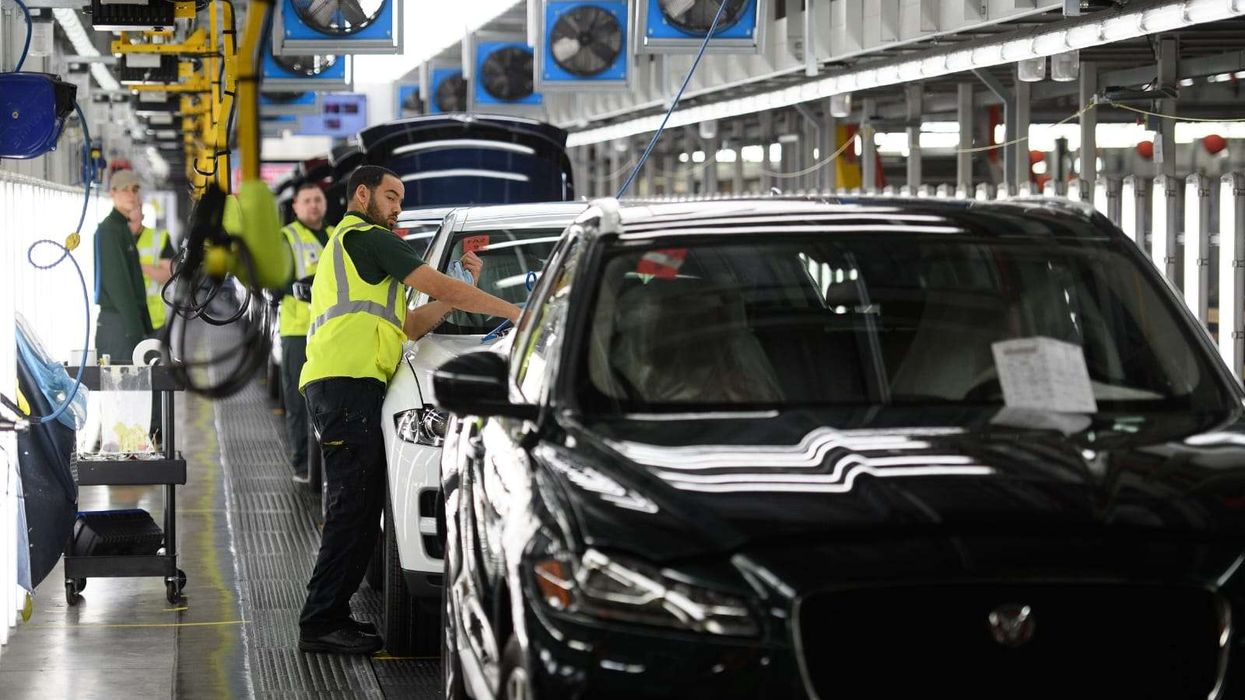The UK government's Department for International Trade (DIT) will observe November as "India-UK Future Tech Month" and hold a series of technology-focused business activities in Britain and India.
The series of events are aimed at showcasing the very best UK technology and innovation to a high-quality Indian audience, including buyers, investors, and central and state-level government officials, the DIT said.
"November marks one year since prime minister Theresa May led her first overseas trade mission to India, and two years since India prime minister Narendra Modi's landmark UK visit.
"The time is right to redouble our commitment to matching India's technology demands with the UK's very best offer, encouraging UK companies to look to India and to encourage Indian companies to grow their businesses in the UK," British High Commissioner to India, Sir Dominic Asquith said.
The diplomat expressed confidence that the India-UK Future Tech month would inspire British businesses to "Think India" and expose India's most ambitious businesses to the "breadth and depth of the UK's tech expertise".
As part of the initiative, the DIT would take more than 60 Indian companies in 10 sectors on a tour of UK-wide business hubs in Manchester, Liverpool, Birmingham, Leicester, Coventry and London.
The move aims to inspire new partnerships, strengthen technical collaboration and land business deals, in areas as diverse as data analytics, Internet of Things, ICT services, advanced manufacturing, electric vehicles, automotive, healthcare, life sciences, food and drink and creative industries.
The centrepiece of the series has been highlighted as the India Zone at the Innovate 2017 summit, to be held next week in Birmingham.
It brings together partners from the Indian government, including Invest India, the Indian High Commission in the UK, and the Indian Ministry of Electronics and Information Technology, along with state governments of Karnataka and Kerala.
The focal theme of the programme is, "India's Innovation and Technology Needs, The UK's offer".
"India's technology sector is set to triple in the next 10 years. Our prime minister has listed Digital India among his top priorities. We share longstanding deep commercial partnerships with the UK, which we are keen to build on even further. Together India and the UK have the potential to transform many areas including financial technology, cyber security, skill development and R&D," said Amitabh Kant, CEO Niti Ayog.
He highlighted that India was in the midst of a digital revolution and was inching towards an "even more cost-effective digital economy".
"We have one of the largest digital skilled work forces globally, and are keen to partner with the UK on domestic digital skill development and technology exchange. I see the UK's potential as limitless; India is already the fourth-largest investor in the UK with a staggering 31 per cent of investments in the technology and telecom sector," he added.
Innovate UK will comprise of a range of informative sessions to showcase market opportunities in India, launch the Birmingham element of Invest India's Access India programme, and provide information on professional services and ease of doing business in India.
This will be supported by thought-leadership sessions on India's trillion-dollar digital opportunity and a panel discussion on data analytics, internet of things and big data.
"Innovate 2017 is an excellent platform to showcase the existing strong UK-India innovation links and foster further important business collaborations for the benefit of both our economies. I look forward to welcoming the Indian delegation to our event in Birmingham and hope it will generate some significant business deals and partnerships," said Innovate UK Chief Executive Dr Ruth McKernan.
In India as part of tech-month series, DIT is bringing innovative UK healthcare diabetes companies to the Research Society for the Study of Diabetes in India 45th Annual Conference in Bhubaneswar later this week and then taking them to meet Indian companies in Chennai.
DIT is also bringing an Oncology trade mission to the Indian Cancer Congress in Bengaluru and the same mission will participate in the India-UK Healthcare Forum in Mumbai later this month.











